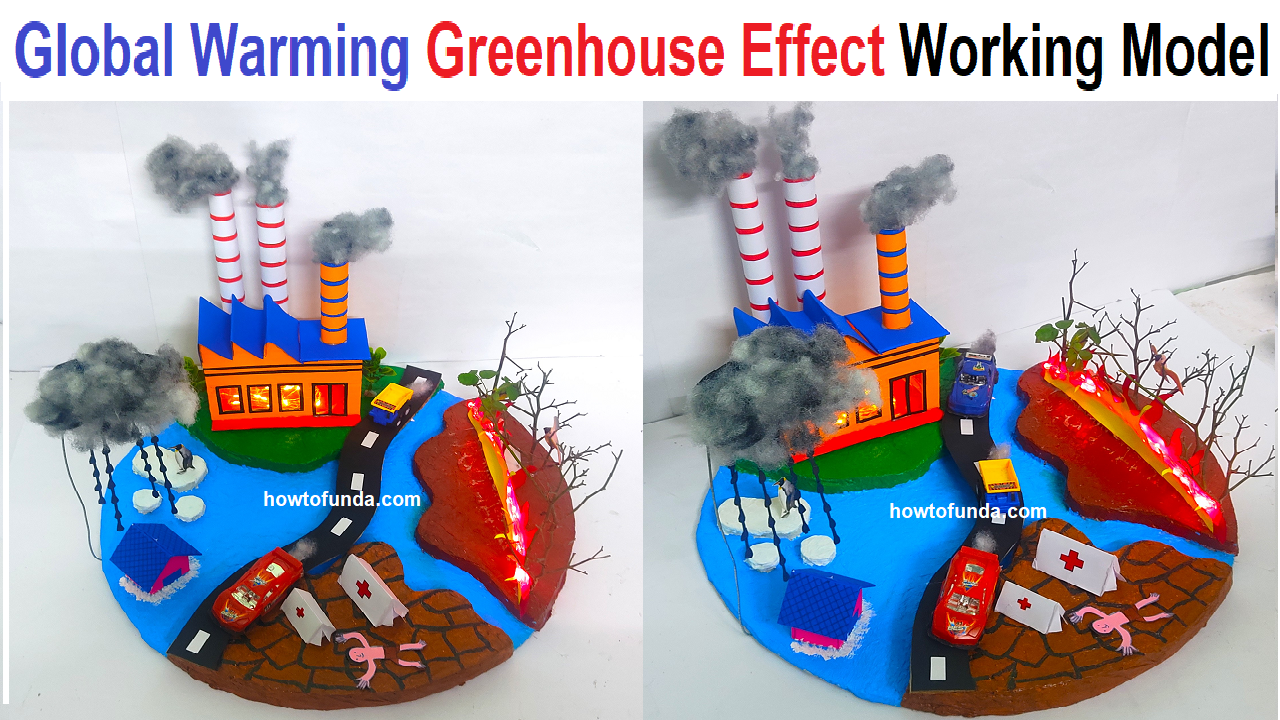
Q1: What is global warming?
Global warming refers to the long-term increase in Earth’s average surface temperature due to human activities, primarily the release of greenhouse gases from burning fossil fuels and other industrial processes.
Q2: What is the greenhouse effect?
The greenhouse effect is a natural process where certain gases in Earth’s atmosphere trap heat from the sun, preventing it from escaping back into space.
Without the greenhouse effect, Earth would be much colder.
However, human activities have intensified this effect by increasing greenhouse gas concentrations.
Q3: Which gases contribute to the greenhouse effect?
The primary greenhouse gases are carbon dioxide (CO2), methane (CH4), nitrous oxide (N2O), and fluorinated gases.
Water vapor also plays a crucial role in the natural greenhouse effect.
Q4: How do human activities contribute to the greenhouse effect?
Human activities, such as burning fossil fuels (coal, oil, and natural gas), deforestation, and industrial processes, release large amounts of greenhouse gases into the atmosphere, enhancing the natural greenhouse effect and leading to global warming.
Q5: What are the consequences of global warming?
Consequences of global warming include rising sea levels, more frequent and severe heatwaves, changing precipitation patterns, melting ice caps and glaciers, and disruptions to ecosystems and biodiversity.
These impacts can have severe implications for human societies.
Q6: What is the difference between global warming and climate change?
Global warming refers specifically to the increase in Earth’s average surface temperature.
Climate change is a broader term that encompasses changes in temperature, precipitation patterns, and other climate-related factors over an extended period.
Q7: How can we mitigate global warming?
Mitigating global warming involves reducing greenhouse gas emissions.
Strategies include transitioning to renewable energy sources, increasing energy efficiency, reforestation, sustainable agriculture, and international cooperation to address climate change collectively.
Q8: Can individual actions make a difference in combating global warming?
Yes, individual actions collectively contribute to global efforts. People can reduce their carbon footprint by using energy-efficient appliances, driving fuel-efficient vehicles, reducing waste, and supporting sustainable practices.
Q9: Are natural factors contributing to global warming?
While natural factors influence climate, the current trend of rapid global warming is largely attributed to human activities.
Natural factors alone cannot explain the observed warming over the past century.

